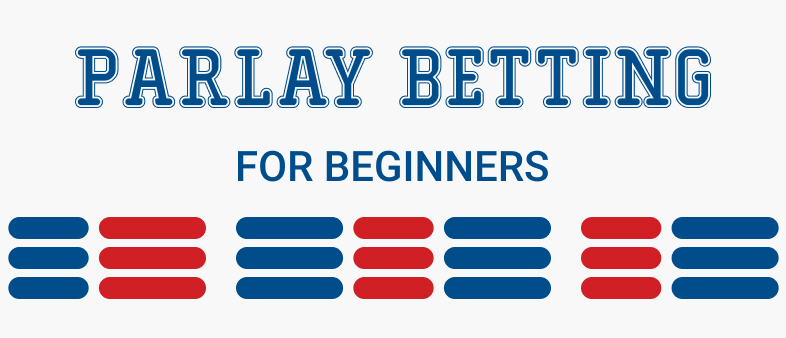Progressive Parlay

If you are participating in sports betting, then you can use parlay, which is a wager that effectively combines 2 or even more than 2 wagers into one. All the multiple selections that you make must be correct for you to win. You will lose the wager if even a single selection happens to be incorrect. Progressive Parlay wagering is accepted only on the Point Spread, not on the Money Line or Totals. Progressive Parlay wagering rules are as follows: A tie or no action is considered a loss for that particular event. If there is a loss, the parlay reverts to the next lowest number for payout. Parlay a $5 15-teamer into huge jackpot victory. Take a shot at $50,000 or more with just $5. Parlay a $5 15-teamer into huge jackpot victory.

The word “parlay” derives from the Latin term “par,” meaning equal. Since medieval times, it has been used in gambling to refer to the practice of risking a stake plus its winnings in successive wagers. A successful bet of £2 on a team this week wins £2 and leads to a £4 bet the following week. Another win yields £4, which is added to the stake to make a wager of £8 the following week. Should the parlay be successful once more, the bettor collects at total of £16 for the original £2 bet—a profit of £14.
This kind of parlay is effective as long as the choices made are independent events and there is sufficient time between results to collect winnings and make the next wager. Such successive betting is not possible, however, when contests are being held at the same time, such as three football matches on the same afternoon, or when multiple bets are wagered on a single event, such as team to win, total score over/under, first goal scorer, and so on.
Bookmakers came up with an innovative way to remedy this situation by introducing an alternative form of parlay betting, sometimes referred to as a “parlay card.” All of the selections that are made are treated as a group. Instead of rebetting after each result is known, only a single wager is required. A table of special odds is offered, with payouts dependent upon the number of selections made.

For example, if all selections are made at even odds, the parlay table below would apply. True odds are indicated for reference only to show how they would accrue if winning bets were made in succession:
As the difference between parlay odds and true odds shows, bookmakers have reserved substantial margins. In order for the bettor to win and claim a return, each and every one of the selections must win. If just a one selection fails, the whole stake is forfeited.
See Full List On Elitesportsbook.com
An interesting variation on standard parlay betting is known as the “progressive parlay.” It allows some losses to occur among the selections made, and the parlay still pays out as a winner, as shown in the following chart:
Progressive Parlay

Many bookmakers do not offer progressive parlays, but those who do frequently limit them to major events. Obviously, the bookmakers have designed even higher margins into the odds paid on progressive parlays versus the true odds. The advantage to the bettor is that the entire wager is not automatically lost if the very first selection fails.
2 Team Parlay Payout
Both bettors and bookmakers need to be aware of what happens in the event of a draw. The terms and conditions have to be quite in order to protect both parties. Sometimes, a “must win” rule applies, meaning the entire parlay bet is forfeit in the event of a single draw.
A more fair solution is for draws to be treated as non-events and the number of picks selected to be reduced by the number of draws that occur, with a corresponding reduction in odds. In other words, a five-selection parlay bet with one draw becomes four selections and is paid out accordingly. Other bookmakers have introduced “ties win” parlay betting at reduced odds, while some offer “half-point” spreads, which precludes the possibility of any selection resulting in a draw.
From a betting standpoint, the only difference between parlay betting and the type of combination wager called an “accumulator” bet other is the odds paid. Accumulator odds are usually determined as a function of the individual odds on each selection. Parlay odds more often involve “spreads” so that every selection pays even money.